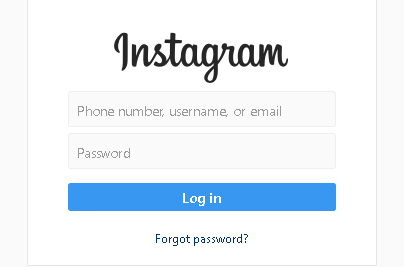Starting a beauty business can be a dream come true for those who are passionate about cosmetics, skincare, and helping people feel confident in their skin. However, turning that into a profitable venture requires careful planning, dedication, and a solid strategy. To help you go from passion to profit, here are the essential steps for launching your beauty business and becoming a successful entrepreneur.
Table of Contents
Finding your niche
Before diving into the beauty industry, it’s crucial to identify your niche. Your Unique Selling Proposition (USP) should reflect your passion and expertise. Are you specializing in beauty treatment, offering personalized semi-permanent makeup services like Lash Blossom, or focusing on sustainable beauty solutions?
Defining your USP will set the foundation for developing your business identity, but, to succeed, you need to conduct thorough market research as well. The main focus should be on understanding your target audience’s preferences. Also, analyze competitors within your niche to discover gaps in the market that your business can take over and stand out in the competitive beauty industry.
Creating a business plan
A well-structured business plan is the backbone of any successful venture so you need to outline your short-term and long-term goals, financial projections, and marketing strategies. After all, your business plan serves to help you stay on track and can be a valuable tool when seeking investors.
In addition, calculating your costs carefully from the start can help you prepare a budget for product development, marketing expenses, operational costs, and even unexpected expenses. Having a well-planned budget will ensure that you have the necessary resources for launching your beauty business and supporting its growth.
Working on branding and identity
Your brand identity plays a crucial role in how customers will perceive your beauty business. Start with carefully choosing a brand name, designing a captivating logo, and selecting a color scheme that resonates with your target audience. Having consistency in branding, from your website to social media, will help you build and define brand recognition.
Besides the visual appeal of your brand, you should work on building a connection with your audience by sharing your journey and passion for beauty through your story. Customers are more likely to engage with a business that has a compelling narrative highlighting what inspired you to start your beauty business.
Investing in product development and quality
In the beauty industry, product quality is of utmost importance. To ensure that you need to invest in high-quality ingredients and formulations that deliver results. Moreover, besides the rigorous testing to ensure your products are safe and effective, be transparent about your ingredient sourcing and manufacturing processes to build trust with customers.
Apart from that, to stay ahead of the competition, you need to continuously innovate and expand your product line. One of the ways to do it is by inviting and listening to customer feedback, as well as adapting to always-changing beauty trends and keeping your customers engaged.
Building a marketing campaign
Having a strong online presence is critical! For example, creating a user-friendly website, optimizing it for search engines (SEO), and establishing active social media profiles. Also, engage with your audience by sharing beauty tips, tutorials, and behind-the-scenes content to build a community around your brand, products, and services.
One of the most successful ways to create brand visibility is by partnering with beauty influencers and bloggers. This influencer marketing allows you to build credibility, so it’s important to choose influencers whose values align with your brand to ensure authenticity and trustworthiness.
Set up exceptional customer service and loyalty programs
Customer support can make or break your business. To ensure it’s the former, you need to set up exceptional customer service. For instance, respond promptly to inquiries, address customer concerns, and go the extra mile to make your customers feel valued by replying to negative comments calmly and respectfully.
Furthermore, encourage repeat purchases by implementing loyalty programs and rewards, along with offering discounts, exclusive products, or early access to loyal customers. Building a community around your brand can foster long-term relationships, brand loyalty, and repeat customers.
Lastly
Launching your beauty business is an exciting endeavor that requires dedication, creativity, and strategic planning. But going from passion to profit successfully may take time so you need to arm yourself with determination and patience, on top of effective marketing strategy and budgeting. On top of that, ensure that you have a customer-centric approach that will help your beauty business thrive in the highly competitive beauty industry.













